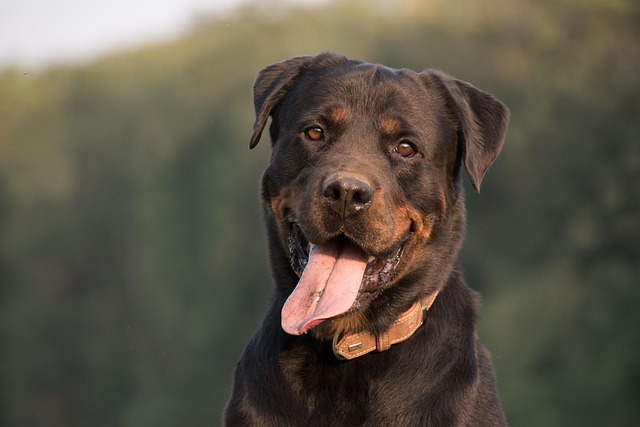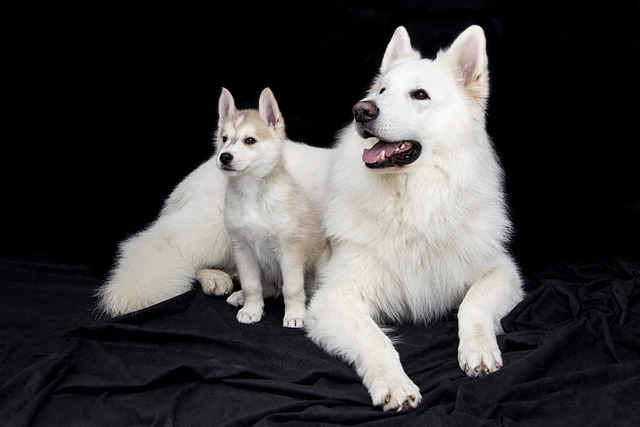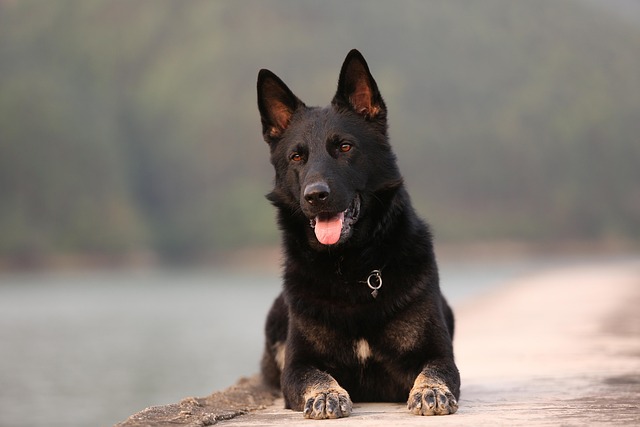When should you start teaching your puppy—and what comes first? New dog parents often feel overwhelmed when that fluffy bundle arrives, wondering if they should tackle potty training, “sit,” or stopping the shoe-chewing first. The answer lies in understanding your puppy’s developmental timeline and what skills will make daily life work, whether you’re in a Manhattan apartment or a suburban home.
Puppies learn fastest between 8–16 weeks, a window when their brains are like sponges absorbing every experience. Behaviorists call this the “critical learning period”—habits formed now stick harder than those taught later. Think of it as building a house: you need a strong foundation before adding walls. That foundation starts with skills that keep them safe and your home functional.
First up: potty training. It’s non-negotiable, especially in apartments where accidents mean more than just a mess—they can strain neighbor relationships. Take your pup out after naps, meals, and playtime, using a consistent phrase like “go potty.” When they succeed, celebrate like it’s a birthday with tiny treats and excited praise. I met a Chicago couple who kept a “potty journal” to track patterns, cutting accidents in half in two weeks. Never scold for mistakes—rubbing their nose in it (yes, people still try!) just teaches fear, not where to go.
Next comes socialization, but only after their first round of vaccines (usually 10–12 weeks). Laws in most states require proof of core vaccines before group activities—skip this, and you could face fines, not to mention risking their health. Arrange controlled meetups with calm dogs (ask owners first!) and friendly neighbors. In Seattle, a local park hosts “puppy playdates” with vet-supervised vaccine checks—perfect for safe socializing.

Then move to basic commands: “sit” (useful for mealtimes), “come” (critical for safety), and “leave it” (stops them grabbing trash on walks). Use positive reinforcement—think freeze-dried chicken or their favorite toy. A trainer friend in Austin swears by the “10-minute rule”: short sessions, multiple times a day, end when they’re still eager. No yelling, no scolding—research shows fear-based methods actually slow learning.
Finally, tie in community etiquette. Always carry poop bags—cities like Denver fine up to $200 for leaving messes. In apartment buildings, teach “quiet” cues to avoid barking complaints. On walks, keep them leashed (most suburbs require it unless in designated off-leash areas) and ask before letting your pup approach other dogs.
Training order matters, but kindness matters more. Follow this flow, stay consistent, and you’ll build a happy, well-adjusted pup who fits right into your neighborhood.






